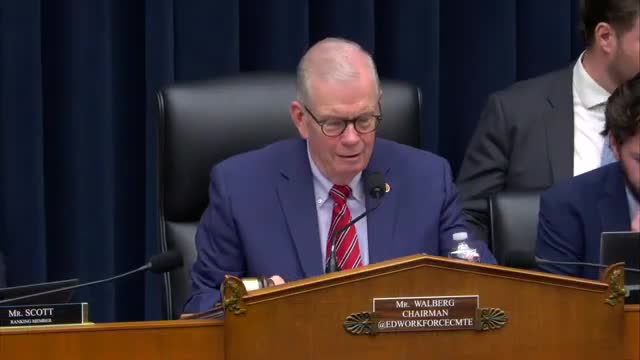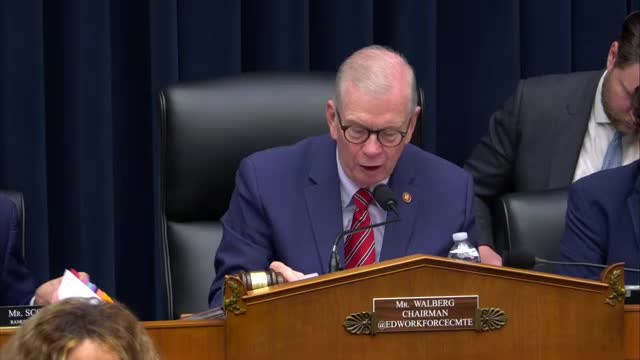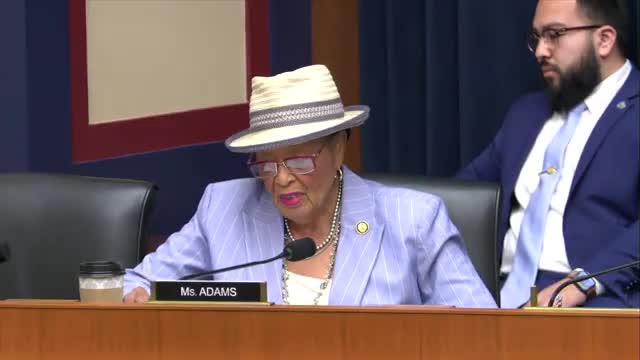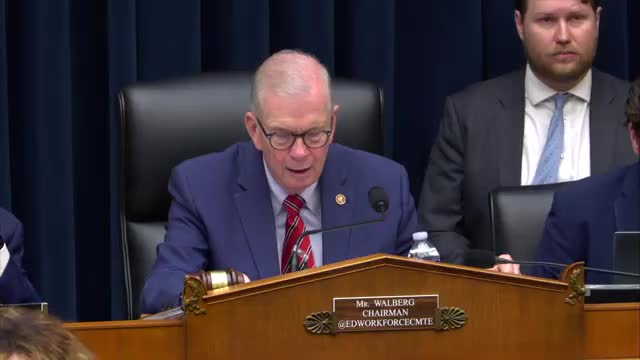Article not found
This article is no longer available. But don't worry—we've gathered other articles that discuss the same topic.

House Education and Labor committee advances Republican student‑aid reconciliation package after day‑long markup

HBCUs and borrower protections at center of fight over risk‑sharing, 90/10, borrower defense and closed‑school rules

Democrats say GOP plan would shrink Pell and punish part‑time students; Republicans say changes force accountability

